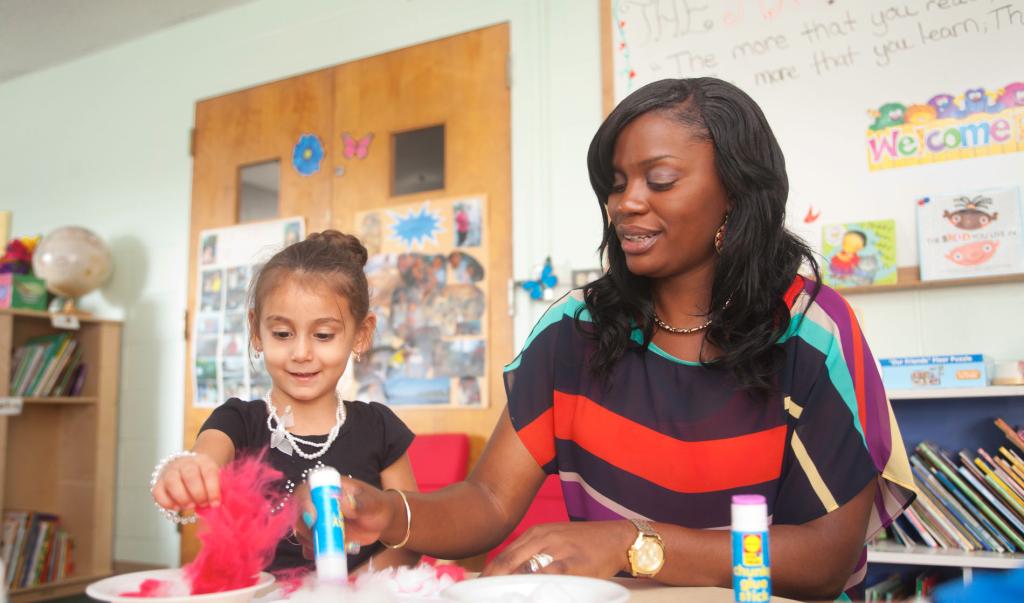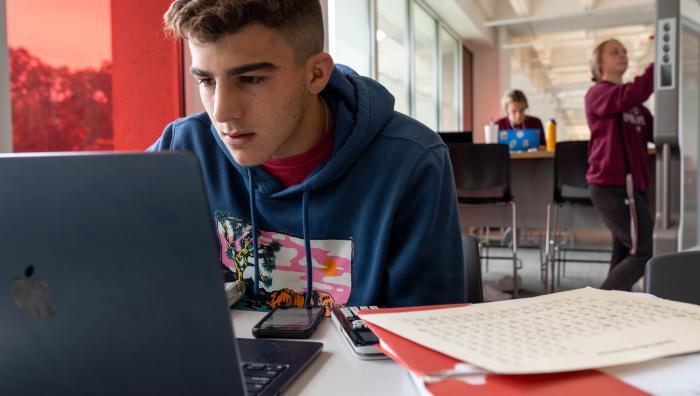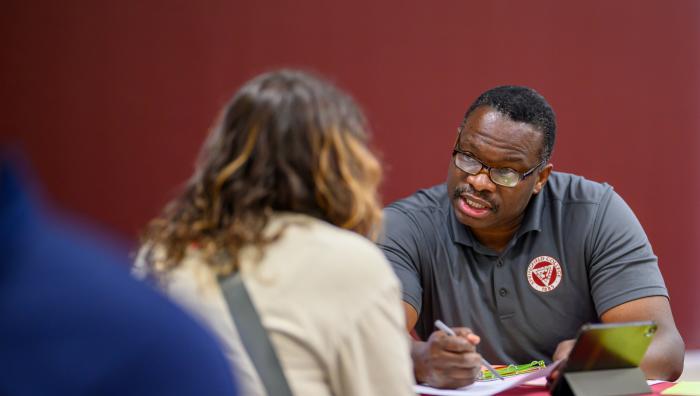Education: Grades PK-2
| About This Program | |
|---|---|
|
Program Contact
Mark D. McCarthy |
|
|
Review our admissions requirements |
|
Curriculum and Delivery
|
|
| Paying for Your Education | |
|
Upcoming Events
Check back soon for upcoming events! |
|

Create Exceptional Learning Environments.
The BS in Education: Grades PK-2 degree from Springfield College trains you to become an early childhood professional. Through this program, you will be able to create high quality, collaborative, comprehensive, consistent, and culturally congruent learning environments for all children, ages birth - 8. You will also be able to support and validate parents and families so that communities in which families function will be empowered to achieve social and economic justice.
Through the general education program, you will become a literate, thoughtful, and socially responsible student, seeking the acquisition of knowledge, understanding, and competency essential for the improvement of the human condition in a diverse society. These skills will translate into your work with the preschool through second grade age groups. You will complete 26 semester hours focused on PK-2 coursework, in addition to the core requirements.
The hybrid delivery of this program allows you to complete your work both in-person and online, offering you the flexibility to continue working while completing your degree. The PK-2 Concentration does not lead to teacher licensure but can lead to a Massachusetts Early Education and Care Certification. This concentration is only available to those enrolled at the Springfield or Boston regional campuses.



